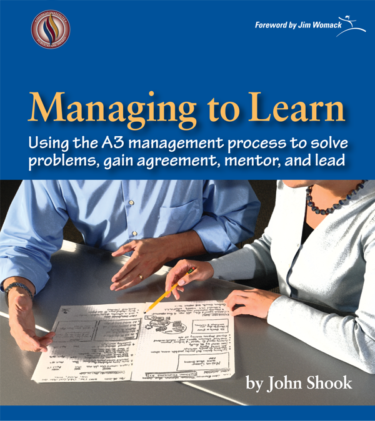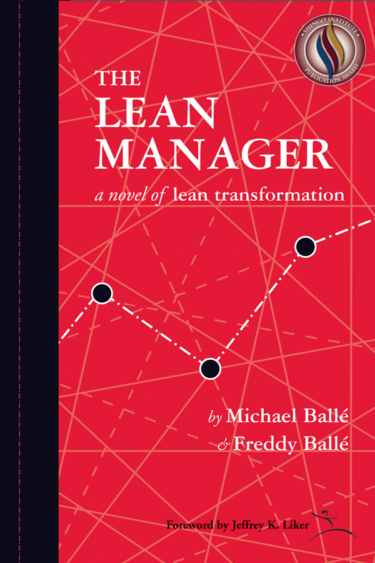Delve into the art of guiding people to develop their capability to do a job while, at the same time, ensuring the job is completed.
Helping people reach their full potential
A lean coach creates the conditions for people—whether managers or line workers—to learn and develop the capability to do their work more effectively, at ever-higher quality, and in a way that’s more personally rewarding. By guiding people to view their work—to see—as lean thinkers and take ownership of improvement—to ask why—as lean practitioners, the coach inspires them to do their best work and still strive to do better. Simultaneously, the coach shares lean tools and techniques that their client can use to improve their work process. Through coaching, the learner gains a significant level of autonomy over how to do and improve their work. As such, lean coaching is rooted in the Gemba with Plan-Do-Check-Act (PDCA) at its core.
Lean coaches approach their work as humble learners, believing that the people they coach are experts in doing the work. The coach avoids telling people what to do because it robs them of the opportunity to think the problem through for themselves and takes away their ownership of the problem and the work.
Still, the coach uses techniques that meet the needs of the moment, along a continuum between direct instruction and open questioning. The factor determining the coaching approach is based on what will, at the moment, be the most effective at achieving the organization’s purpose. The lean coaching approach requires the coach to assess in the moment
- the learner’s needs in each situation—for that specific problem at that particular time—including their technical skill level and openness to being coached,
- the scope and degree of the challenge or problem, whether simple or complex.
The situational response is required to meet a lean coach’s dual responsibilities: (1) to coach others on how to improve their capabilities to complete a job and (2) to see that the job is done on time and to the customer’s expectations.
The coach encourages the person being coached to consider if their ideas and impressions are fact-based. By applying a situational yet consistently respectful and challenging guidance, the lean coach elevates the knowledge and skill of an organization’s people while ensuring its goals and objectives are met.









